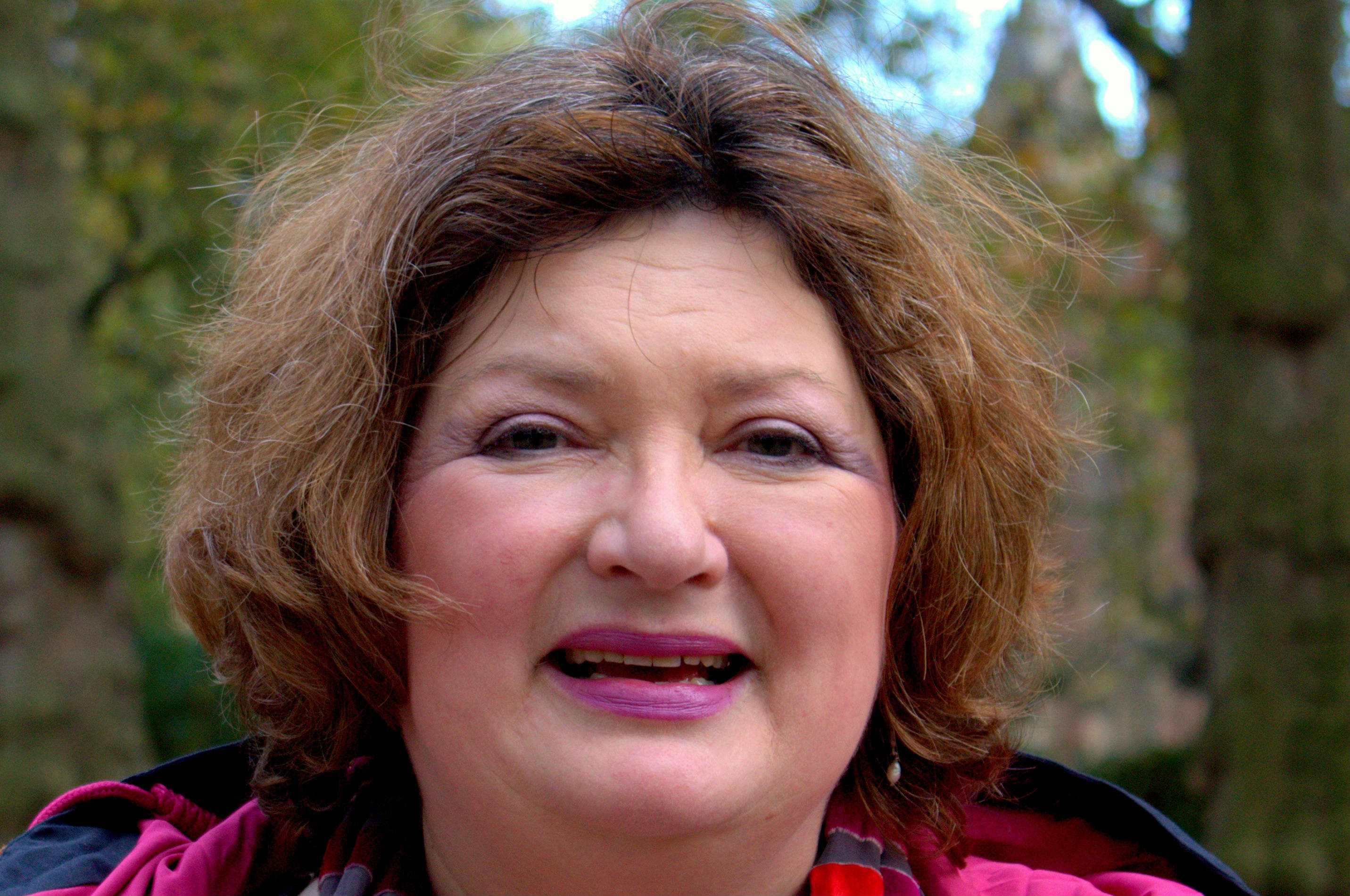U Hla Htay is a former carer of his wife with dementia. Email: uhlahtay9@gmail.com (964 words)
I am involved in many research studies as someone with experience as a family carer. In this role I have come to understand that practitioners in health and social care can limit some of the negative effects of family caregiving on carers’ health. Some of them can use interventions such as therapy to increase family carers’ physical health and spiritual well-being. Improving carer well-being and increasing our ability to care for our family members is likely to increase quality of life for both carers and our family member (World Health Organization, 2012).
Mittelman and colleagues (2007) found managing the care of a relative with dementia is very lonely, time consuming and difficult, nevertheless, most of the family members they interviewed said they would prefer to keep their spouses at home with them for as long as possible. In my view the quality of life of both someone with dementia and family carers is generally better at home. These aspirations are achievable but come with a cost in human terms and financial terms. Most people with dementia want to remain living independently in their own homes as long as possible and to have a good quality of life and end of life. I am pleased to be supporting the new NIDUS (New Intervention for independence in Dementia) Study (being conducted by Claudia Cooper and colleagues) which is being funded by the Alzheimer’s Society.¹ The Social Care Workforce Research Unit is a partner in this study with other universities. Continue reading
